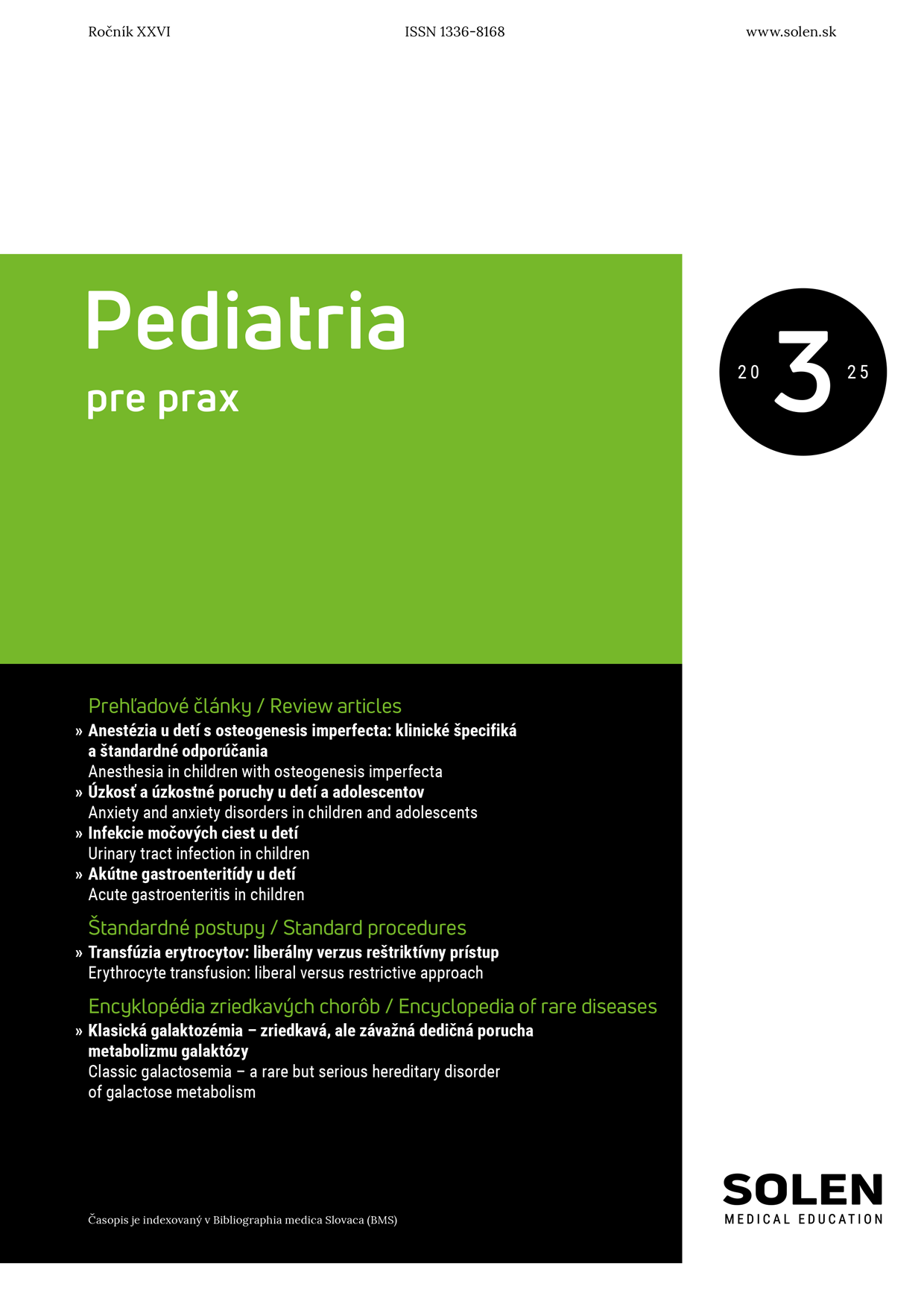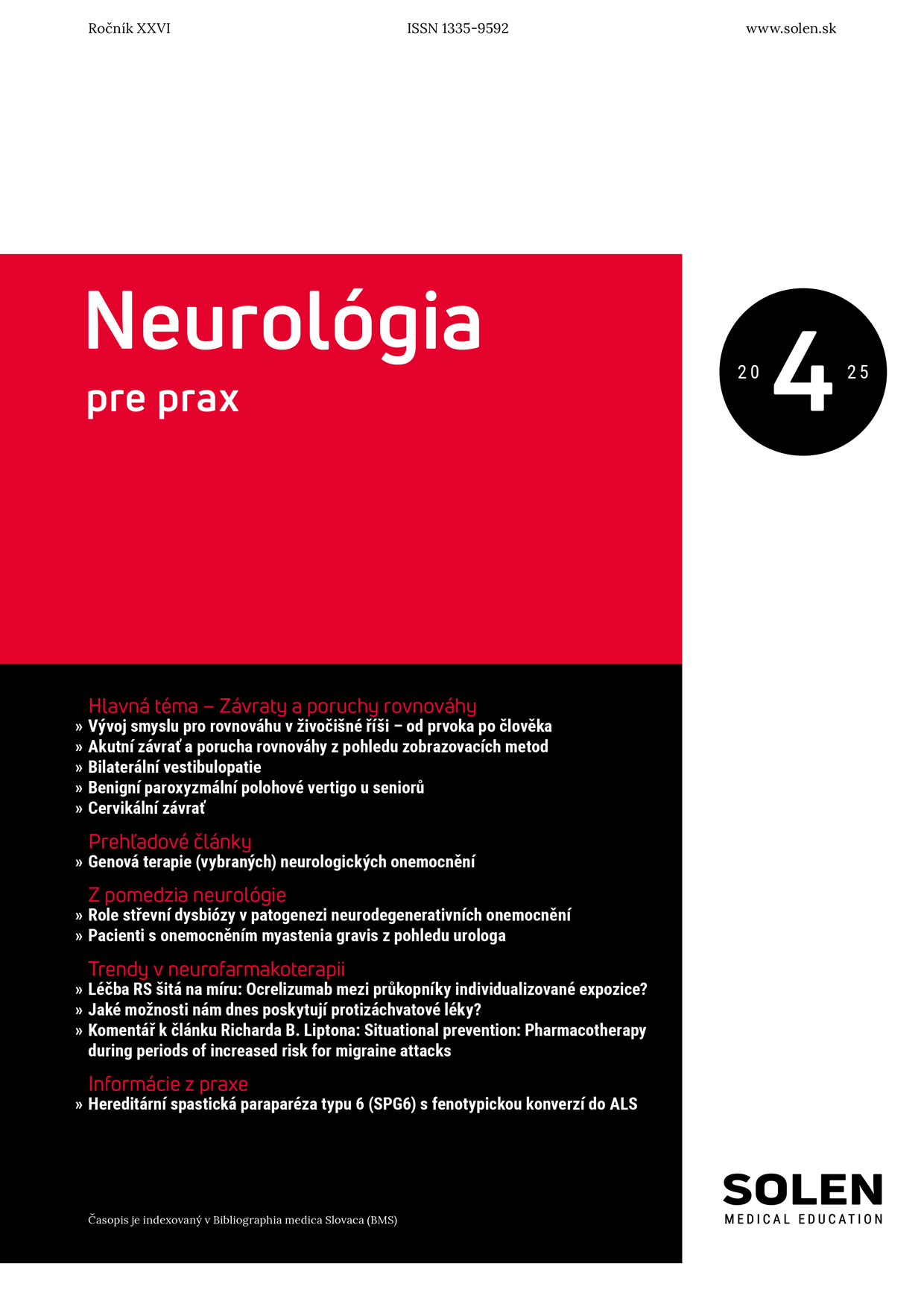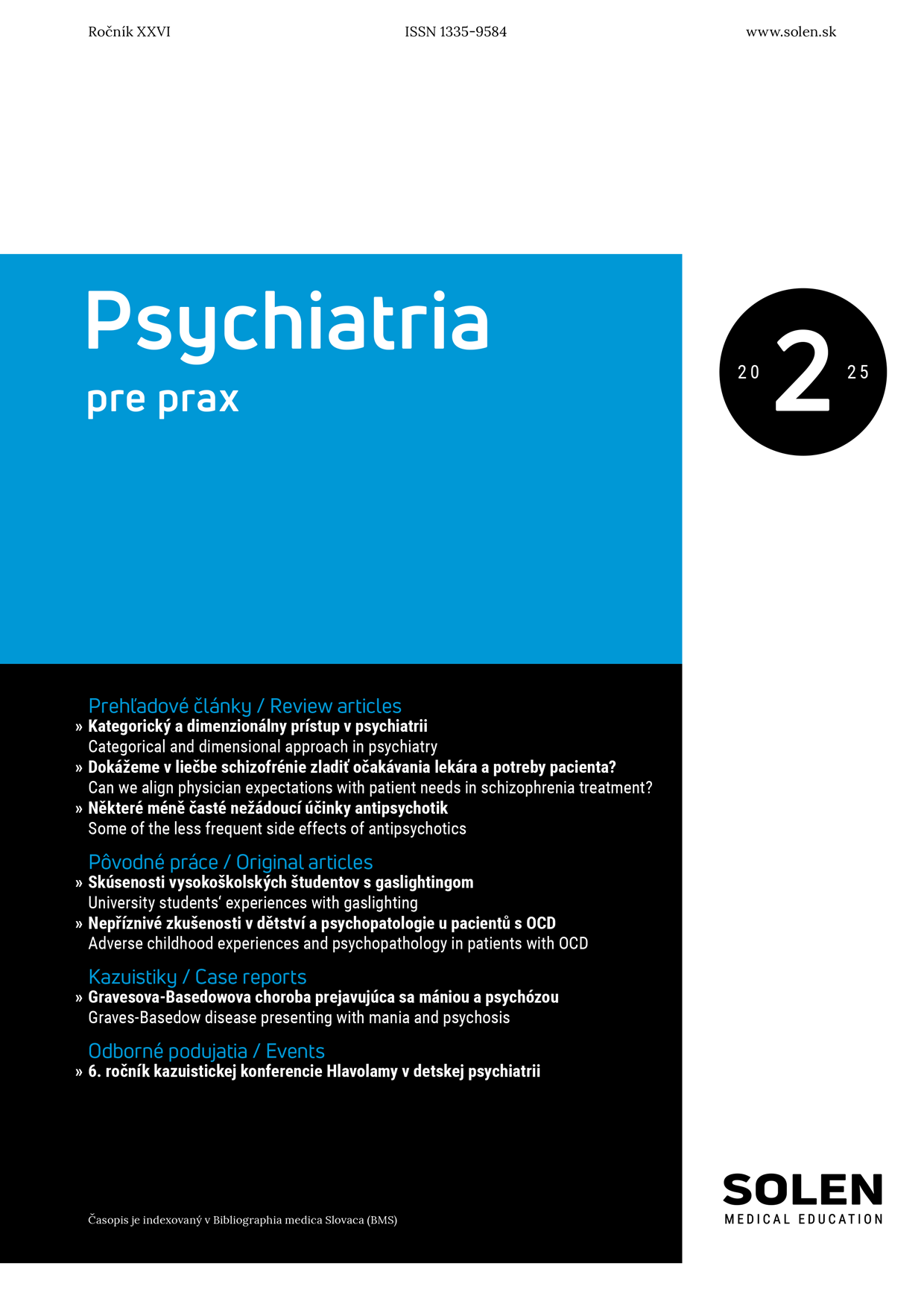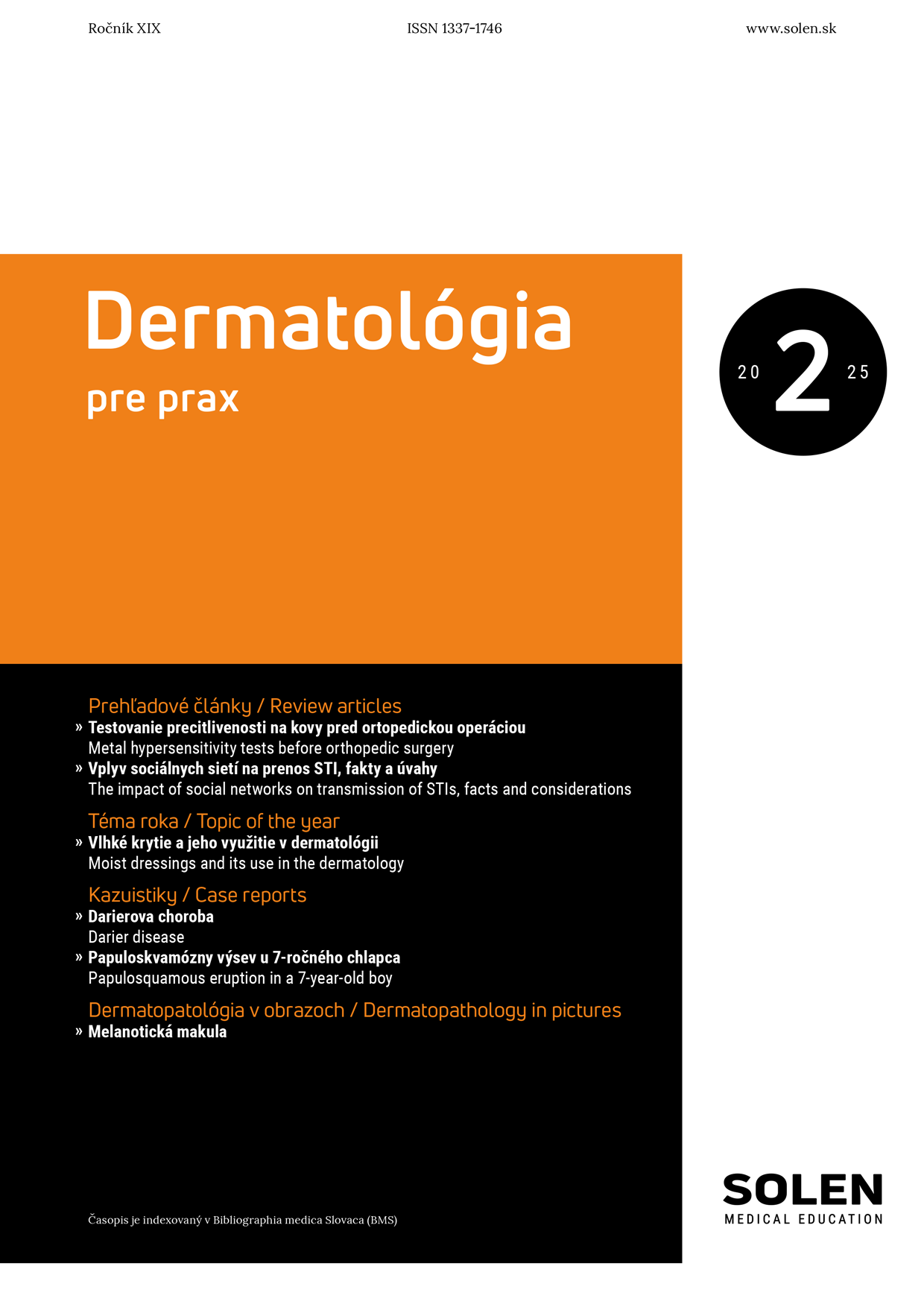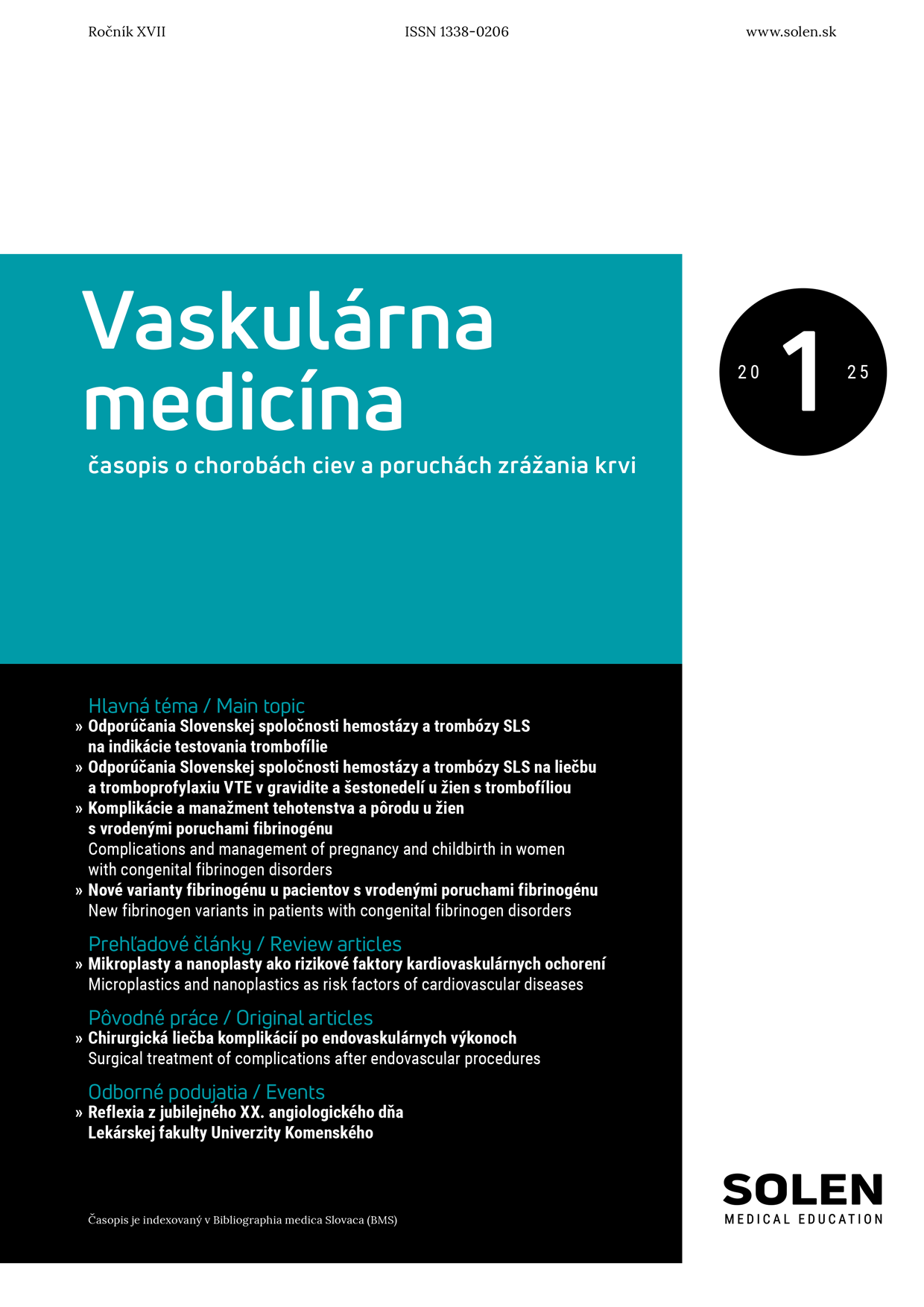Via practica 3/2015
Hepatocellular carcinoma in the ambulance of general practitioner
Hepatocellular carcinoma (HCC) is the sixth most common cancer and the third most common cause of cancer-related death. It forms 90 % of all liver cancer. The main risk factors include cirrhosis of the liver of all etiologies, predominantly on a base of chronic hepatitis B and C, alcoholic cirrhosis, hemochromatosis, deficiency of alpha-1-antitrypsin, late cutaneous porphyria, non-alcoholic steatohepatitis (NASH). In HCC arising as a complication of liver cirrhosis, the clinical picture determines of underlying condition. In the context of screening patients at risk is recommended at 6 monthly intervals to realize abdominal ultrasonography. The only therapeutic curative modality is surgical treatment that involves resection and liver transplantation, and locoregional treatment. The author describes the additional options of therapy according to the degree of fordwardness of HCC. The prevention of HCC include: prevention of risk factors that lead to chronic liver damage, improvement of dietary habits and specific prophylactic of hepatitis B virus (vaccination). Mortality of HCC is almost equal incidence. Adverse outcomes are associated with delayed diagnosis, whereas more than 2/3 of patients are already diagnosed with advanced disease.
Keywords: hepatocellular carcinoma, screening, diagnostics, treatment, sorafenib.


